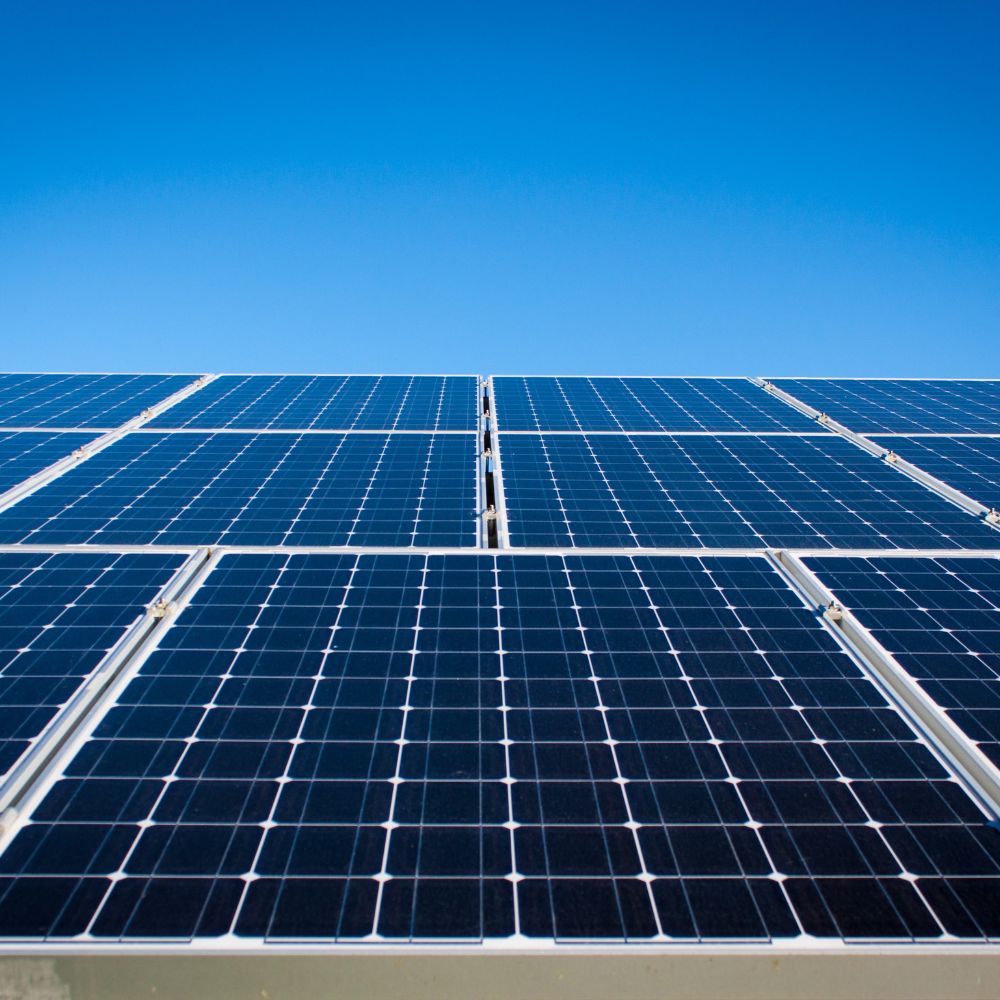Understanding All The Financial Aspects Of Solar Projects
2024-04-18 15:49:14

In South Africa, where UV rays from sunlight are abundant and renewable energy is a national priority, investing in solar projects isn't just about sustainability, it's also a smart financial move.
This article delves into the financial intricacies of solar projects within the South African context, highlighting why investing in solar makes both environmental and financial sense.
The Initial Investment
The initial investment required to kickstart a solar project may seem daunting, but it's a crucial step towards securing long-term savings and sustainability. This capital outlay encompasses everything from solar panels and inverters to mounting structures and installation costs, Daisy Energy prides itself in rolling out our Full Turnkey solutions, including installation and compliance registration with Eskom/Council.
While the upfront investment varies based on project size and location, the potential returns far outweigh the initial costs, especially considering South Africa's ample UV rays and favourable regulatory environment.
Return on Investment (ROI)
Calculating the return on investment (ROI) is where the real magic of solar projects comes into play. By comparing the net profit generated by the project with the initial investment, investors can gauge the financial viability and attractiveness of solar investments.
Factors such as energy generation capacity, degradation of PV Panels, favourable tariff structures, and minimal maintenance costs contribute to an impressive ROI for solar projects in South Africa, making them a lucrative investment opportunity for forward-thinking investors.
Financial Incentives and Subsidies
One of the most compelling reasons to invest in solar projects in South Africa is the array of financial incentives and subsidies offered by the government and regulatory bodies. For example, Section 12BA of the Income Tax Act (ITA) allows businesses, including corporate entities, sole proprietors, and other taxpayers engaged in business activities, to claim an upfront deduction. This deduction amounts to 125% of the cost incurred for acquiring qualifying assets used in electricity generation, including supporting structures, against their taxable income.
From tax credits and rebates to feed-in tariffs and grants, these incentives significantly reduce upfront costs and enhance the financial feasibility of solar investments. By leveraging these incentives, investors can accelerate their ROI and capitalise on the economic benefits of solar energy.
Operational and Maintenance Costs
While every investment comes with its associated costs, solar projects boast minimal operational and maintenance expenses compared to traditional energy sources. Routine inspections, cleaning, and occasional repairs are a small price to pay for the long-term savings and sustainability that solar energy offers.
With proper maintenance, solar infrastructure can operate efficiently for decades, ensuring a steady stream of savings and environmental benefits for investors.
Conclusion
Investing in solar projects in South Africa is not just a sound financial decision - it's a strategic move towards a sustainable and prosperous future. With abundant UV rays, favourable regulatory frameworks, and attractive financial incentives, solar projects offer investors a compelling opportunity to generate substantial returns while contributing to the country's renewable energy goals.
By crunching the numbers and embracing solar energy, investors can position themselves for long-term success and make a meaningful impact on the environment and society.


